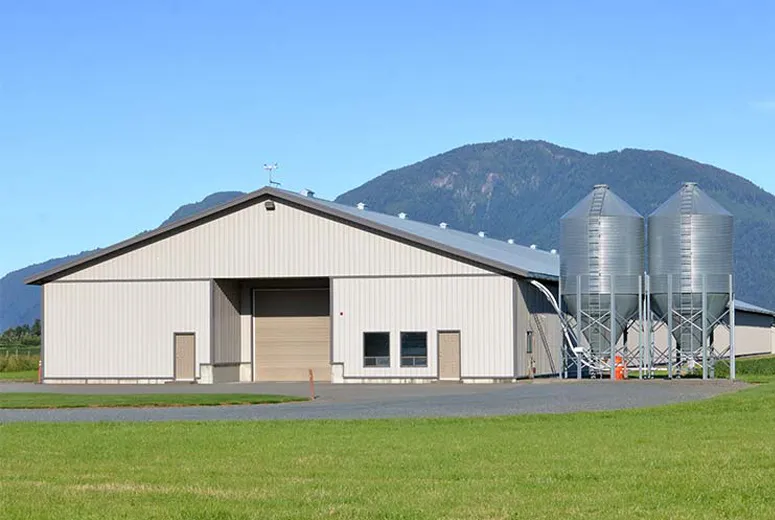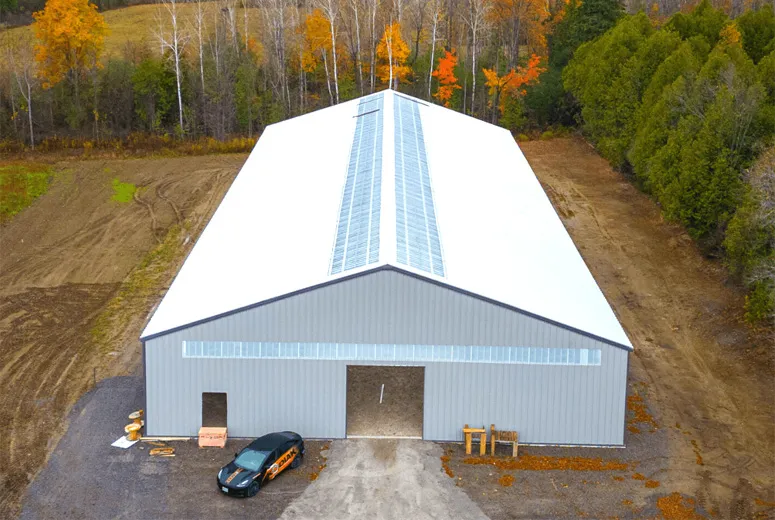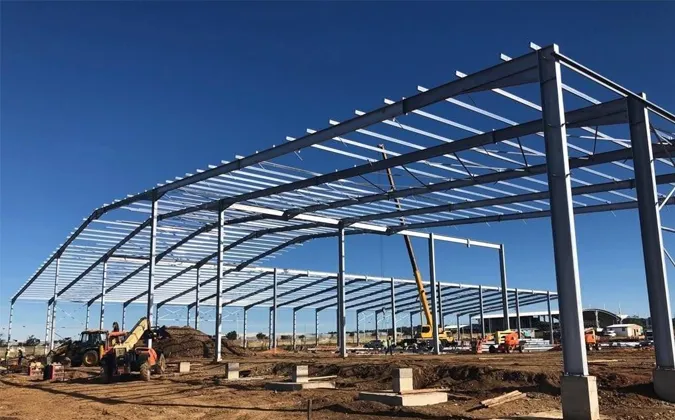- Afrikaans
- Albanian
- Amharic
- Arabic
- Armenian
- Azerbaijani
- Basque
- Belarusian
- Bengali
- Bosnian
- Bulgarian
- Catalan
- Cebuano
- Corsican
- Croatian
- Czech
- Danish
- Dutch
- English
- Esperanto
- Estonian
- Finnish
- French
- Frisian
- Galician
- Georgian
- German
- Greek
- Gujarati
- Haitian Creole
- hausa
- hawaiian
- Hebrew
- Hindi
- Miao
- Hungarian
- Icelandic
- igbo
- Indonesian
- irish
- Italian
- Japanese
- Javanese
- Kannada
- kazakh
- Khmer
- Rwandese
- Korean
- Kurdish
- Kyrgyz
- Lao
- Latin
- Latvian
- Lithuanian
- Luxembourgish
- Macedonian
- Malgashi
- Malay
- Malayalam
- Maltese
- Maori
- Marathi
- Mongolian
- Myanmar
- Nepali
- Norwegian
- Norwegian
- Occitan
- Pashto
- Persian
- Polish
- Portuguese
- Punjabi
- Romanian
- Russian
- Samoan
- Scottish Gaelic
- Serbian
- Sesotho
- Shona
- Sindhi
- Sinhala
- Slovak
- Slovenian
- Somali
- Spanish
- Sundanese
- Swahili
- Swedish
- Tagalog
- Tajik
- Tamil
- Tatar
- Telugu
- Thai
- Turkish
- Turkmen
- Ukrainian
- Urdu
- Uighur
- Uzbek
- Vietnamese
- Welsh
- Bantu
- Yiddish
- Yoruba
- Zulu
Sep . 05, 2025 11:23 Back to list
Metal Office Buildings have emerged as a top choice for modern commercial construction, thanks to their exceptional durability, flexible design options, and cost-effective performance. Unlike traditional masonry structures, Metal Office Buildings use high-quality metal materials—such as galvanized steel or aluminum—for framing, roofing, and siding, which resist corrosion, pests, and extreme weather conditions like heavy snow, strong winds, or intense sunlight. These buildings also offer quick construction timelines, as many components are prefabricated off-site and assembled on location, reducing disruption to surrounding areas and allowing businesses to move in faster. Whether for small startups, mid-sized enterprises, or branch offices of larger companies, Metal Office Buildings provide a reliable foundation for daily operations while adapting to evolving business needs.
Metal Office Buildings excel in design flexibility, enabling customization to match specific brand aesthetics and functional requirements
For instance, large glass windows can be integrated into the metal framework to maximize natural light, creating a bright and inviting workspace that boosts employee productivity. Interior layouts can also be easily reconfigured—walls can be added or removed without major structural changes—to accommodate growing teams, new departments, or updated workflow designs. Additionally, Metal Office Buildings support energy-efficient upgrades, such as insulated metal panels, solar panel installations, and high-efficiency HVAC systems, which lower long-term utility costs and align with sustainable business goals. This combination of adaptability and efficiency makes Metal Office Buildings a practical choice for businesses looking to balance functionality with modern design.
Steel Office Building is a specialized subset of Metal Office Buildings, distinguished by its use of heavy-duty steel framing that offers superior strength and load-bearing capacity
Steel Office Buildings are ideal for multi-story structures or offices that require large open floor plans, as steel beams and columns can span greater distances without the need for excessive support walls. The inherent rigidity of steel also ensures structural stability over time, minimizing maintenance issues like sagging floors or shifting walls. Furthermore, steel is a highly recyclable material, with most Steel Office Buildings incorporating a significant percentage of recycled steel—making them an eco-friendly option for businesses prioritizing sustainability. From sleek urban high-rises to suburban corporate campuses, Steel Office Buildings combine durability with architectural versatility, fitting seamlessly into diverse environments.
Metal Buildings Office Warehouse are hybrid structures that integrate office spaces with warehouse or storage areas, addressing the needs of businesses that require both administrative and logistical functions under one roof
These buildings typically feature a split design: one section dedicated to offices with climate control, ergonomic workspaces, and meeting rooms, and the other section optimized for storage, inventory management, or light manufacturing with high ceilings, wide doorways for trucks, and durable flooring. Metal Buildings Office Warehouse leverage the strength of metal construction to support heavy inventory loads in the warehouse area while maintaining a comfortable, professional environment in the office section. This integrated design eliminates the need for separate buildings, reducing operational costs related to transportation, communication, and property management—making it an ideal solution for distribution companies, small manufacturers, or retail businesses with large inventory needs.
Metal Office Warehouse Buildings, similar to Metal Buildings Office Warehouse but often emphasizing larger warehouse capacities, are designed to handle high-volume storage and logistics alongside office operations
These buildings are characterized by their expansive warehouse areas with features like loading docks, overhead cranes, and automated storage systems, while the attached office spaces remain compact but fully functional. Metal Office Warehouse Buildings use robust metal framing to withstand the weight of heavy equipment and stacked inventory, and their exterior metal siding is treated to resist scratches, dents, and weather damage from frequent loading and unloading activities. Additionally, the open layout of the warehouse section allows for easy integration of technology, such as inventory tracking systems or conveyor belts, streamlining operations and improving efficiency for businesses in sectors like e-commerce, logistics, or industrial supply.
Steel Frame Office Building relies on a steel frame as the core structural element, providing a stable and flexible base for office construction
The steel frame consists of prefabricated beams, columns, and trusses that are precision-engineered to fit together seamlessly, reducing construction time and ensuring consistency in quality. Steel Frame Office Buildings offer excellent resistance to fire and seismic activity when combined with appropriate fireproofing materials and seismic design features, making them a safe choice for regions prone to natural disasters. The lightweight nature of steel (relative to its strength) also reduces the need for deep foundations, lowering construction costs and making Steel Frame Office Buildings feasible on a variety of soil types. Whether for single-story suburban offices or multi-story urban complexes, Steel Frame Office Buildings deliver a balance of safety, efficiency, and design flexibility.

In summary, Metal Office Buildings and their specialized variants—Steel Office Building, Metal Buildings Office Warehouse, Metal Office Warehouse Buildings, and Steel Frame Office Building—cater to a wide range of business needs, from standalone administrative offices to integrated office-warehouse facilities. Each type leverages the durability, flexibility, and sustainability of metal and steel materials to provide practical, cost-effective solutions that adapt to changing business requirements. What unites these structures is their ability to combine functionality with modern design, supporting productivity while minimizing long-term maintenance and operational costs. As businesses continue to prioritize efficiency, sustainability, and adaptability, Metal Office Buildings and their steel-focused counterparts will remain a key part of the modern commercial construction landscape, evolving to meet the needs of diverse industries and environments.
Metal Office Building FAQs
1. What are the key advantages of choosing a metal office building for commercial use?
The metal office building offers exceptional durability with resistance to fire, pests, and severe weather conditions. Its prefabricated components allow for faster construction timelines and reduced labor costs. The structural strength enables column-free interior spaces, providing maximum layout flexibility for various office configurations.
2. How does a metal office building support sustainable design practices?
A metal office building typically incorporates high recycled content in its steel components and is fully recyclable at end of life. The reflective roofing systems reduce urban heat island effect and lower cooling energy demands. The precision engineering minimizes material waste during fabrication and construction.
3. What design flexibility does a metal office building provide for corporate aesthetics?
A metal office building can accommodate various exterior finishes including architectural panels, glass curtain walls, and composite materials. The clear span interiors allow for customizable partition systems and mezzanine levels. Modern coating technologies offer virtually unlimited color options for corporate branding integration.
4. How does a metal office building perform in terms of long-term maintenance requirements?
A metal office building requires minimal maintenance due to corrosion-resistant coatings and non-combustible properties. The structural components resist rotting, warping, and insect damage that affect traditional buildings. Integrated gutter systems and precision-fit components reduce ongoing repair needs.
5. What makes a metal office building suitable for future expansion or reconfiguration?
A metal office building features modular design principles that facilitate vertical or horizontal expansion. The standardized connection systems allow for easy disassembly and reassembly of components. The structural system can be designed to support additional floors or roof-mounted equipment as needs evolve.
-
Bolted Connections in Steel Frame Warehouse
NewsNov.17,2025
-
Hay Storage in Farm Metal Buildings
NewsNov.17,2025
-
Advantages of a Steel Portal Frame Shed
NewsNov.17,2025
-
The Erection Process of a Steel Building Hangar
NewsNov.17,2025
-
Energy Efficiency of Steel Dome Garage Kits
NewsNov.17,2025
-
Fire Resistance of Kit Metal Garages
NewsNov.17,2025
Products categories
Our Latest News
We have a professional design team and an excellent production and construction team.












